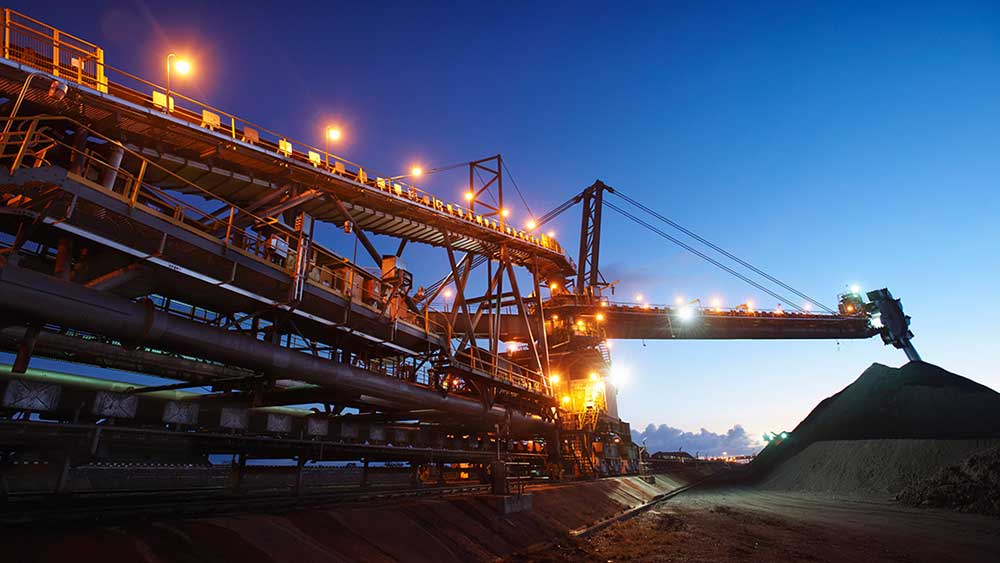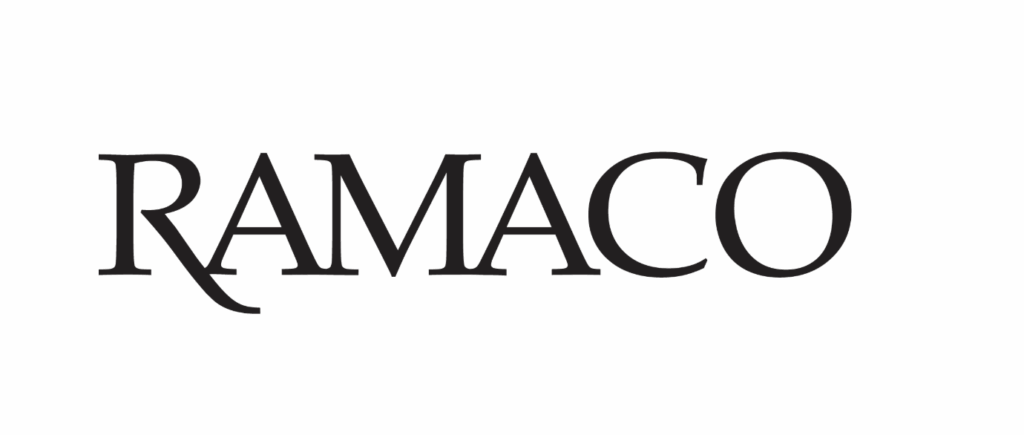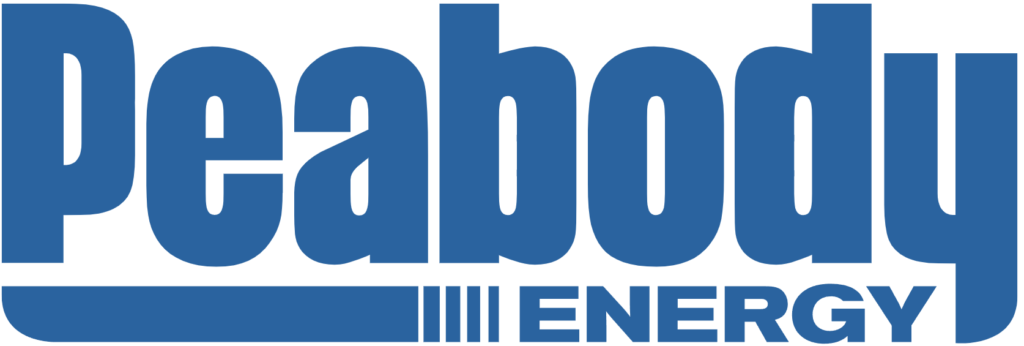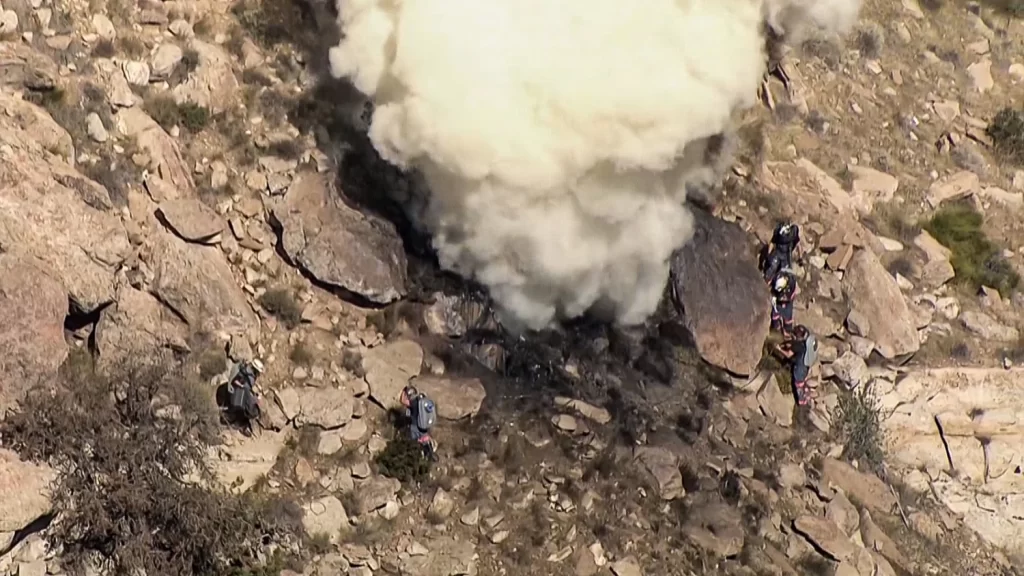Australian coal producers, particularly those operating in Queensland, are facing a significant financial squeeze due to recently implemented higher royalty taxes. These taxes, combined with other cost pressures, are impacting profitability and investment decisions.
Key Points:
- BHP:
- Queensland coal division earnings slumped 63% despite stable coal prices.
- Higher royalty taxes blamed for the decline, with an effective tax rate of 62%.
- Unit costs for Queensland met coal operations rose 29% due to various factors.
- Coronado Global Resources:
- Net income after taxes fell 79.8% due to high costs, royalties, and weather events.
- CEO Douglas Thompson cited these challenges in the financial report.
- TerraCom:
- Royalty per tonne saw a significant increase compared to FY 2022.
- Report highlights the impact of higher royalty rates.
- Bowen Coking Coal:
- Requested deferral of royalty payments due to financial strain.
- This exemplifies the difficulties faced by some producers.
- Industry Concerns:
- Queensland Resources Council (QRC) criticizes excessive taxation.
- Warns of negative impacts on investment, jobs, and the state economy.
- Highlights government data showing higher than expected tax revenue.
- Predicts total coal royalties to reach $12.8bn, exceeding initial estimates.
Implications:
- Reduced profitability: Higher royalties directly impact producer income.
- Investment slowdown: BHP and others have reduced investment in Queensland.
- Job losses: Potential negative impact on employment in the sector.
- Economic slowdown: Reduced investment could affect the overall state economy.
Looking Forward:
- The debate between government revenue generation and industry sustainability continues.
- Potential for further adjustments to royalty rates or other policies impacting the sector.
- The long-term impact on Queensland’s coal industry and economy remains to be seen.
Source: TheCoalTrader, AI generated









